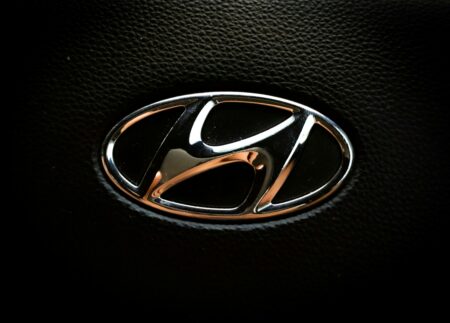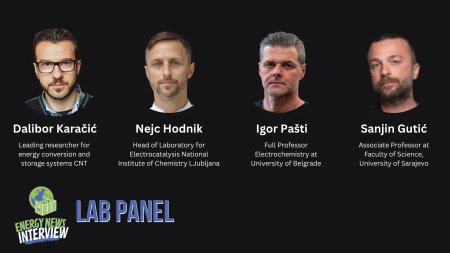Scientists at the Department of Energy’s Oak Ridge and Argonne national laboratories are investigating solutions for trains as the United States transitions away from fossil-fuel-burning vehicles and trucks. The study focuses on low-carbon fuels like hydrogen and other low-carbon fuels as potential diesel substitutes in the rail industry.
The National Transportation Research Center, a DOE-designated user facility situated at ORNL, now has a single-cylinder dual-fuel locomotive engine installed by rail technology company Wabtec. Researchers from the multidisciplinary team launched the project and celebrated this installation.
With Wabtec, a top producer of freight locomotives, both laboratories have signed cooperation research and development agreements. The software provider Convergent Science, Inc. is also a party to the Argonne and Wabtec deal. The four-year project will be completed.
Although using hydrogen as fuel has numerous benefits, it is necessary to modify locomotive engines to ensure secure, effective, and clean operation. For the engine, which will use hydrogen and diesel fuel to show the potential of employing alternative fuels, the team will create hardware and control systems.
The initiative is in line with the DOE’s Vehicle Technologies Office’s objectives to use low-carbon fuels in transportation sectors that are challenging to electrify. While electrifying automobiles is a successful technique for lowering carbon emissions from specific areas of the transportation industry, electrifying trains is more expensive and difficult to implement across North America. The North American rail fleet contributes significantly to climate change by emitting about 87.6 billion pounds of carbon dioxide annually.
According to senior research scientist at Argonne Muhsin Ameen, researchers are looking into the potential of hydrogen combustion engine technology in the rail business. Clean energy sources like solar and wind power can be used to create hydrogen, an energy carrier. Vehicles that run on hydrogen have been the subject of years of research.
In order to power the future generation of trains with up to 100% hydrogen and other low-carbon fuels, the research team is developing combustion technology. The team wants to create train engines that are as powerful, versatile, and economical as existing diesel technology.
The ORNL team will focus on hardware modifications for retrofitting locomotives during the initial stage of the project. It aims to lower the roughly 25,000 locomotives currently in operation in North America’s CO2 emissions. It would take decades to replace the complete fleet of locomotives because they have a service life of more than 30 years.
In order to maximize the amount of hydrogen that may be used, ORNL and Wabtec will continue to modify the engine hardware during the project’s second phase. The team wants to totally swap out diesel in new locomotives for hydrogen or low-carbon fuels.
Simultaneously, Argonne will build on its more than ten years of modeling expertise in hydrogen injection and combustion to develop a framework for simulating the combustion and emission control systems used in hydrogen combustion engines. The project will be overseen from beginning to end by experts in fuel injection, kinetics and combustion modeling, design optimization, high-performance computing, and machine learning.
The high-performance computers at Argonne are being used by scientists to create simulation software. With the use of this tool, combustion engine behavior may be predicted as operating circumstances and hardware change. Researchers may better understand the combustion process through simulations, which increases engine efficiency and lowers emissions.
It is estimated that every diesel-powered locomotive that is changed to a zero- or low-carbon energy source will reduce carbon dioxide emissions by up to 5.6 million pounds annually.
The DOE’s Office of Energy Efficiency and Renewable Energy’s Vehicle Technologies Office and Wabtec both contribute funding to the study. Wabtec and Convergent Science, Inc. both contribute in kind. Research on the secure use of hydrogen in locomotive engines is also funded by the Federal Railroad Administration of the United States Department of Transportation.








